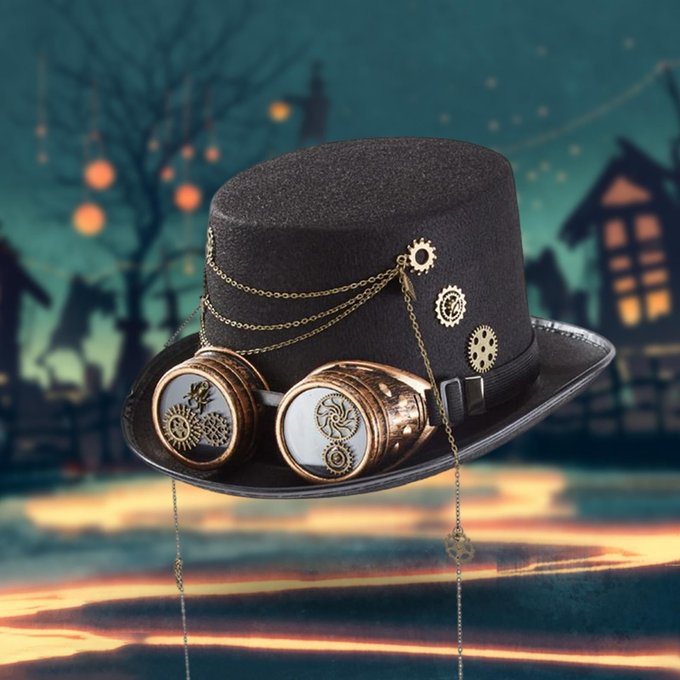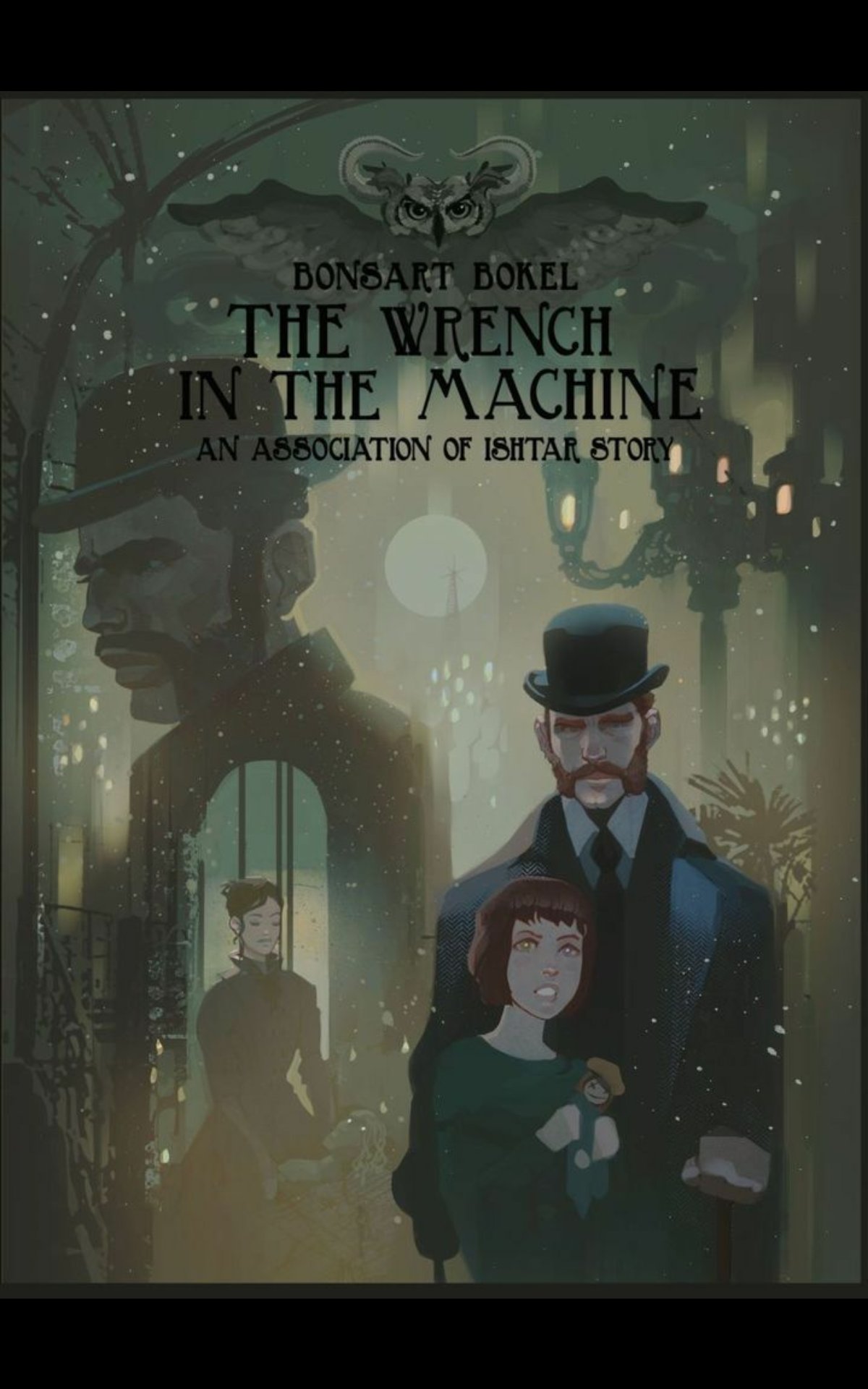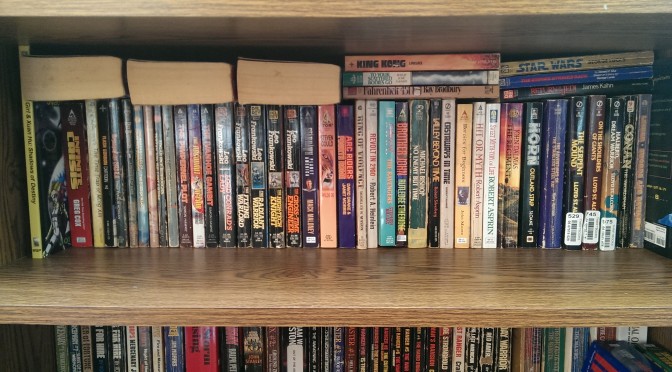By INFAMOUS 🦀
Though The Wrench In The Machine is officially Book 1 of the ‘Association of Ishtar’ novel series by visionary Bonsart Bokel, this represents just one small cog (pun intended!) in his enormous worldbuilding machine. To call the author just ‘a writer’ wouldn’t do him any justice. The man has a vision and writing is but one single layer of his vision. We will have Mr Bokel in a Q&A interview soon, where we will be able to take a deeper dive into this vision.
When Inspector David Ol’Barrow answers the call to a railway triple murder, he finds himself involved in affairs way above his pay grade, involving secret societies, associations, and individuals of questionable backgrounds. With the unusual company of a strange young girl, Igraine, and three-legged mut, Old Boy, Ol’Barrow must rely on his instincts and intuition to stay ahead of the game…And that’s only the beginning!
So you may ask, is this a Sherlock Holmes-ish type of trope? The answer would be: No. It does have a mystery murder element to it but it’s not that. This is something new, fresh, and innovative that is based on three major components: historical, technological, and supernatural. The author is able to combine those components in ways that we haven’t read before, and the result is a brand new sub-genre with infinite possibilities.
Of course many might label this as ‘steampunk’ since the author is and has been a student and expert of the genre for years. But to call this steampunk would too be inaccurate, though it lays some of its roots in the genre, albeit detaching itself from the clique associated to it.
To me, the Association of Ishtar is where new fiction goes ‘next level’. In a fantasy literature market oversaturated with the same old tired out tropes and cliques, it is rare to find some originality comparable to this.
If there is one single personal irk I had with the novel itself that would be the father/daughter relationship that develops between Ol’Barrow and Igraine. I liked the execution and how this relationship grows organically from beginning to end of the story. You can see how Ol’Barrow goes from annoyed with the girl, to curious, to slightly caring for her, to risking his life for her. But in the end, she really comes off kind of cold, not even reciprocating the love he displays throughout their ordeal. I was expecting her to at least be a little more grateful, but honestly she seemed more excited to have her little doll Arwin back than anything…
To finish on a positive note, I’m glad to say that Wrench In The Machine puts Bonsart Bokel in my list of ‘legendary’ guest authors of the likes of R. V. Mills, M. Lane, and E. Laurence Jr.
Looking forward to reading book 2!
🦀





